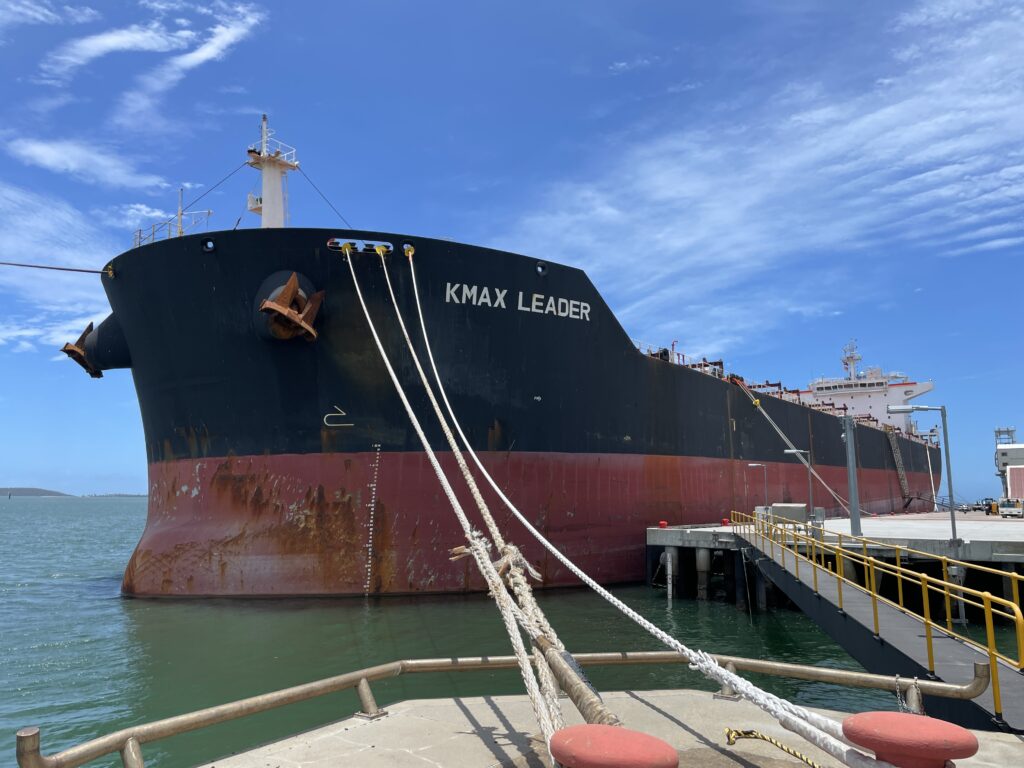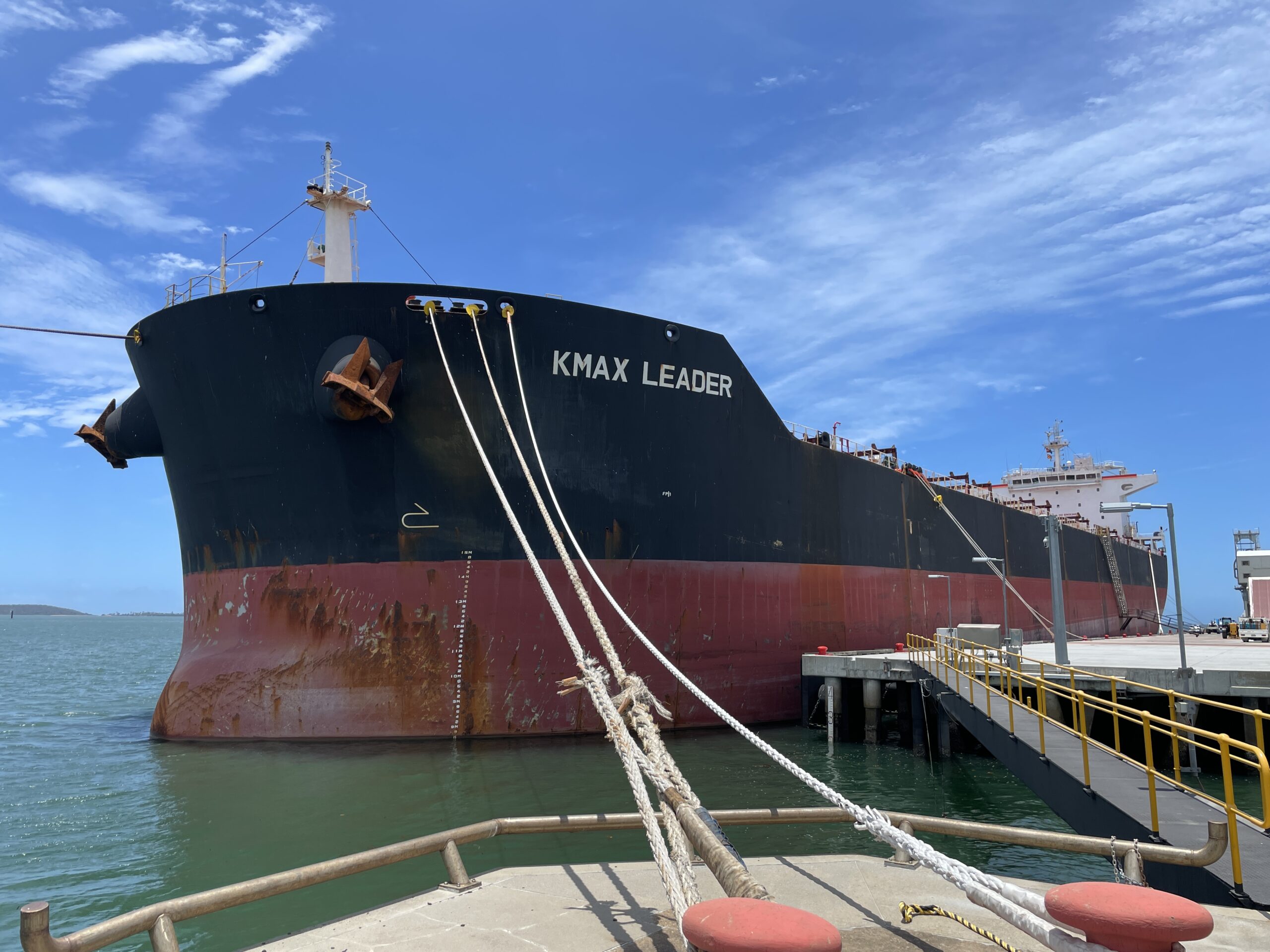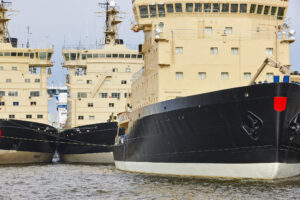
Australia as part of its focus on maritime safety reports it took the step to ban from its waters a bulk carrier.
The Australian Maritime Safety Authority (AMSA) has issued a ‘refusal of access Direction’ to the Liberian-flagged bulk carrier KMAX Leader, effective 15 February 2024, banning the ship from entering Australian ports for 12 months.
As the authority claims, the Direction was issued as a result of “serious safety violations and breaches of Australian legislation committed by the ship’s master and owner while in Gladstone Harbour.”
KMAX Leader first experienced mechanical issues on 26 October 2023, reporting unidentified engine room vibrations.
On 28 October the ship’s agent advised work had commenced on the mechanical issues and would take 8 to 10 days to complete. As it is reported by the Australian Maritime Safery Authority these repairs were not completed in this timeframe.
“The ship was left disabled in the port of Gladstone during cyclone season, presenting a very real risk to safety within the port,” it is said.
Since the ship’s arrival in Gladstone, two cyclones impacted the Queensland coast.
Multiple Direction Notices were issued requiring the ship’s classification society to conduct a damage survey and report on repair work and requiring the ship to advise AMSA of towage arrangements and an updated repair plan.
“The ship did not comply with these Direction Notices, and the owners repeatedly failed to engage with AMSA about the situation,” AMSA noted.
Michael Drake, AMSA executive director operations, said AMSA took its role as a maritime safety regulator very seriously and did not hesitate to take swift and appropriate action against unsafe ships, their owners and operators.
“The lack of information forthcoming from the owners of KMAX Leader has been very disappointing,” he said.
“AMSA expects all ship operators and Masters to engage promptly, transparently and meaningfully.
“International standards exist to protect the lives of seafarers, and our precious marine and coastal environments. They are not ‘optional’,” he added.



